Horticulture
-

C 955
Growing Hostas
Hostas are quickly becoming one of the most popular perennial plants grown in our landscapes. Sometimes referred to as plantain lilies, hostas are reliable plants for both shade and partial sun situations. This publication includes variety recommendations.
Bob Westerfield
|
-
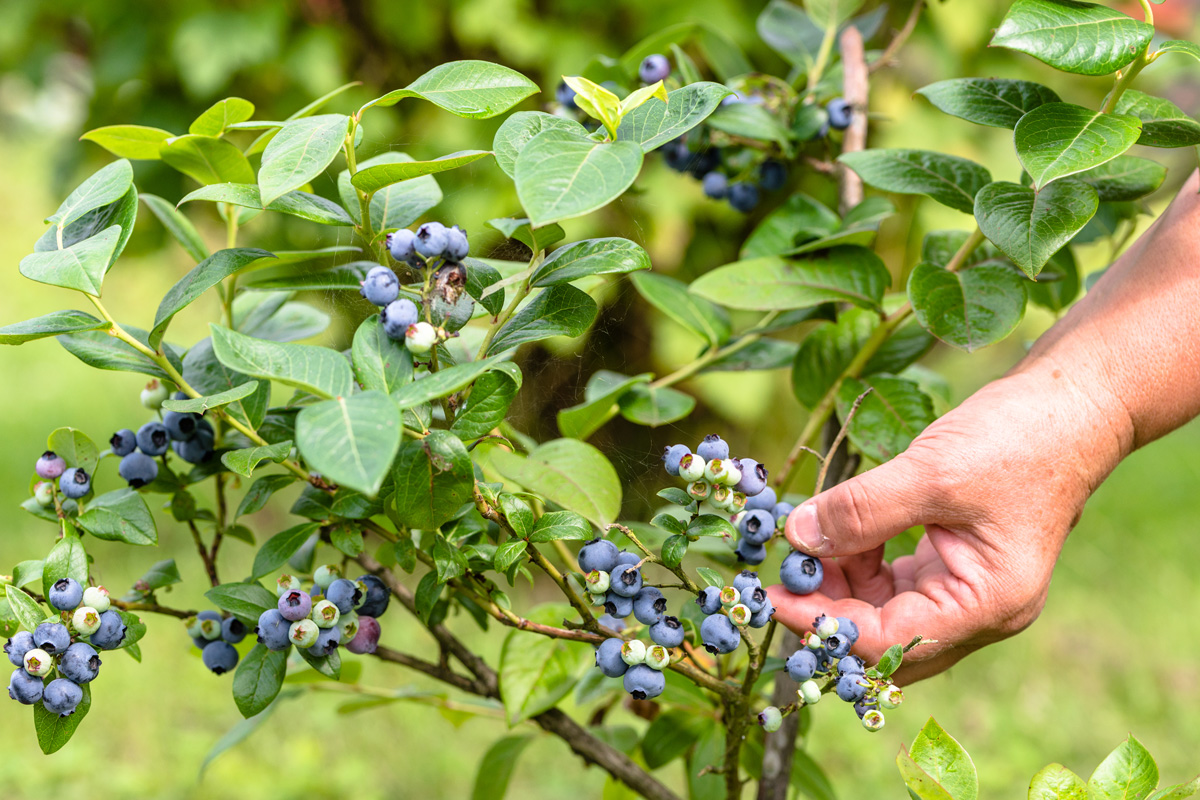
C 946
Home Garden Blueberries
Use this resource to understand how to best manage blueberries in your home garden. Native Georgia rabbiteye blueberry bushes will produce some fruit the second or third year after transplanting, and by sixth year they will yield as much as 2 gallons each.
Scott NeSmith and Gerard W. Krewer
|
-
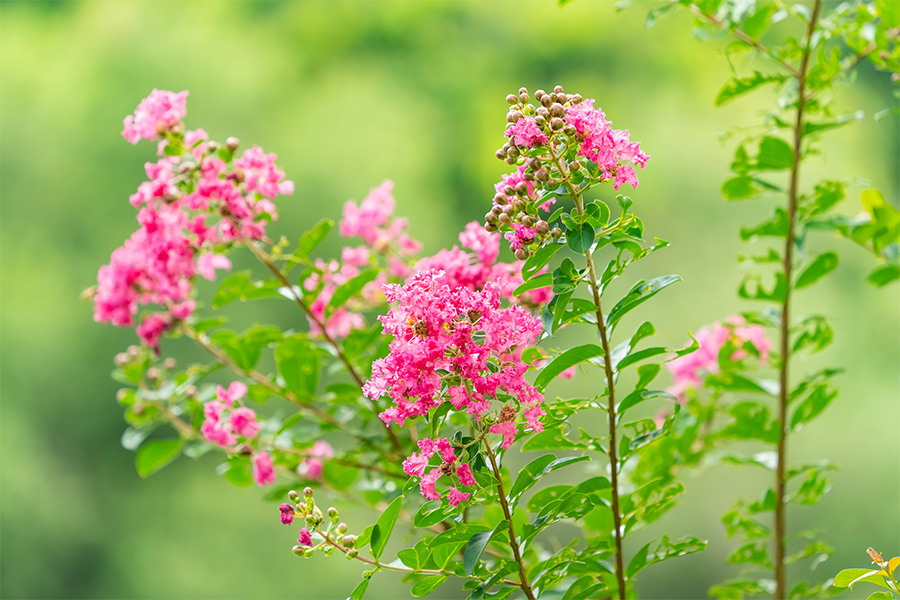
C 944
Crape Myrtle Culture
Crape myrtle is one of the most useful flowering shrubs/trees grown in Georgia. It provides abundant summer color with a minimum of maintenance.
Bodie V. Pennisi and Jean Williams-Woodward
|
-

Learn how to grow rutabagas, a cool-season root crop that can be produced in the spring or fall in Georgia.
Bob Westerfield and W. Terry Kelley
|
-
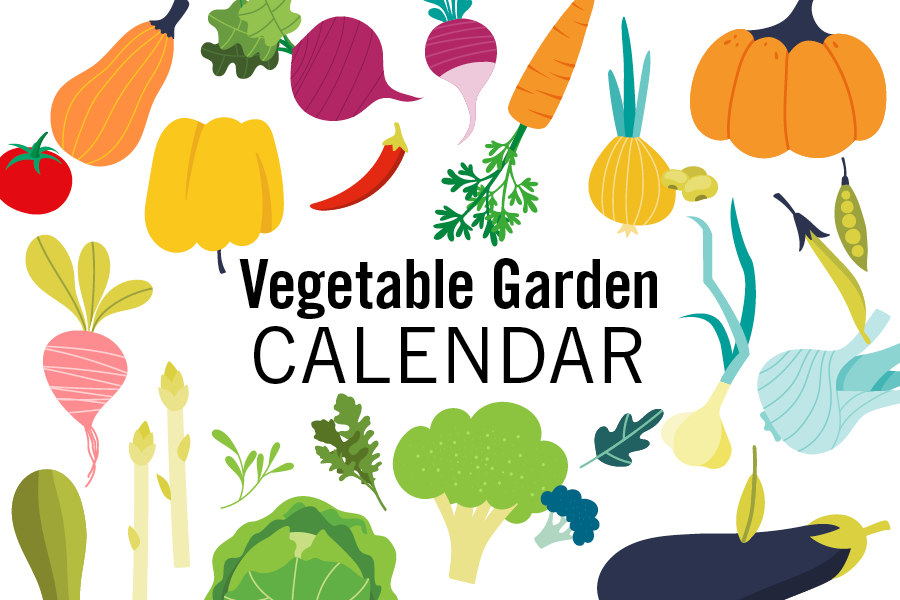
Your guide to home gardening in Georgia! Our climate allows us to grow something almost year-round, and these monthly checklists will help you keep your garden working well. Planting recommendations are based on long-term average last and first frost dates for Middle Georgia; adjust accordingly for South or North Georgia.
Bob Westerfield
|
-
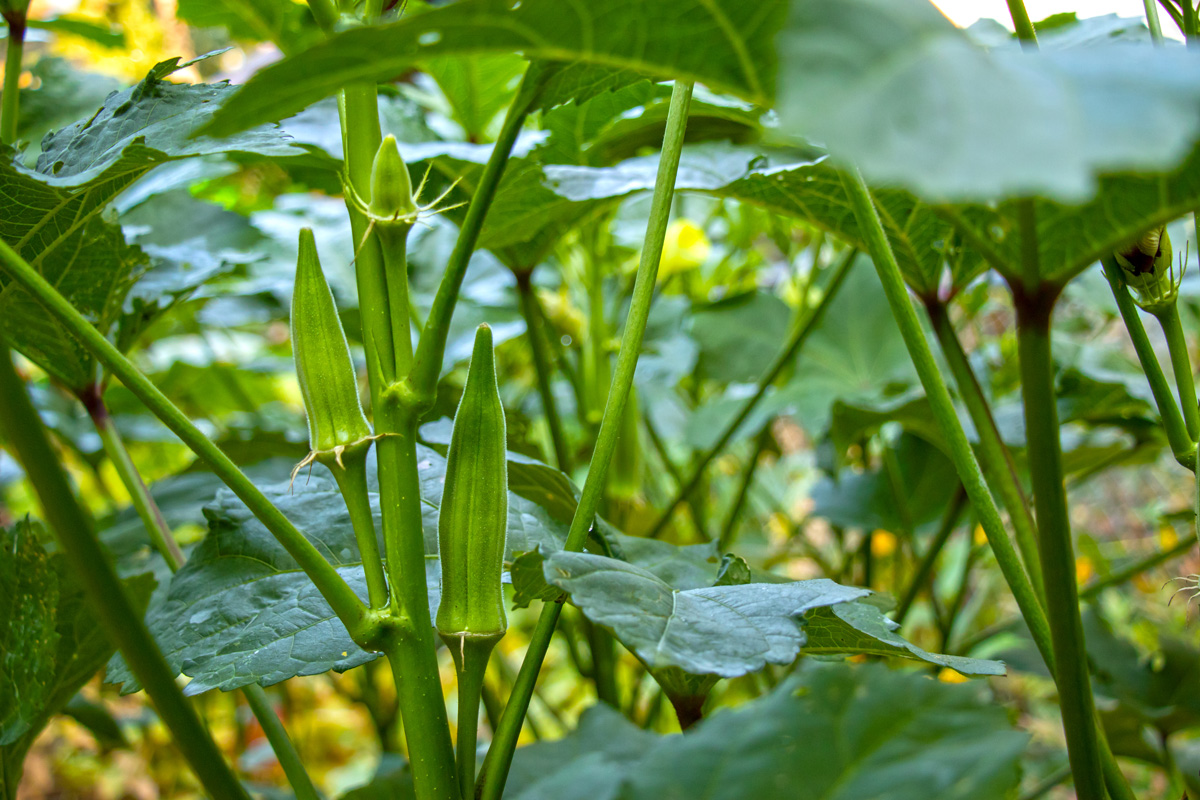
C 941
Home Garden Okra
Learn how to grow okra, a Southern staple in the home garden and at the dinner table that can be grown throughout the state of Georgia. This vegetable is both easy and fun to grow and can be used in many different culinary dishes and in dried flower arrangements.
Bob Westerfield
|
-
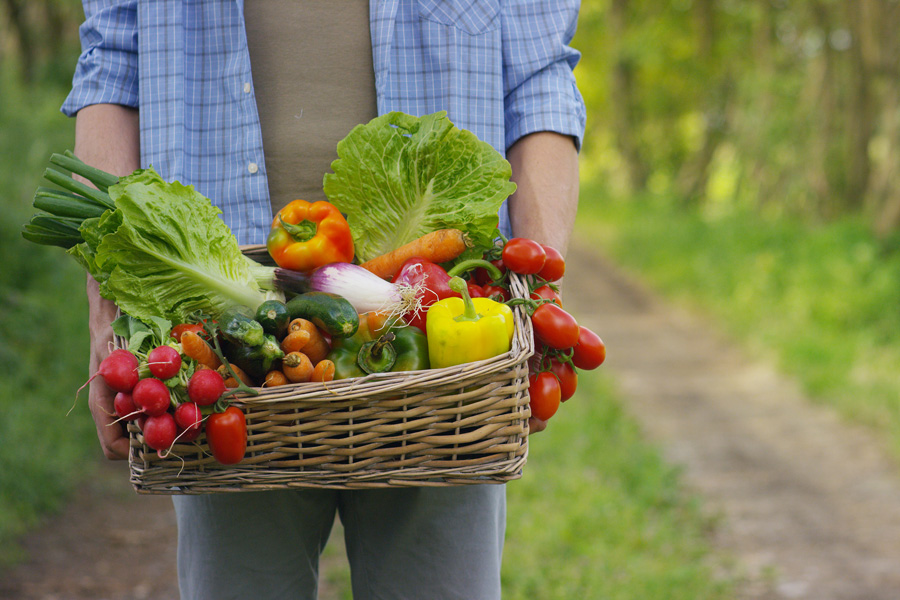
This circular gives suggestions for determining the proper stage of maturity for harvesting many vegetables.
Bob Westerfield
|
-

The purpose of this publication is to introduce the problem of blossom-end rot and provide a guide to effectively diagnose and treat this problem.
Bob Westerfield, Joshua Mayfield, and W. Terry Kelley
|
-

Plants develop seeds through a process called pollination. Pollination is the transfer of pollen from the stamen (male flower part) to the pistil (female flower part).
Bob Westerfield
|